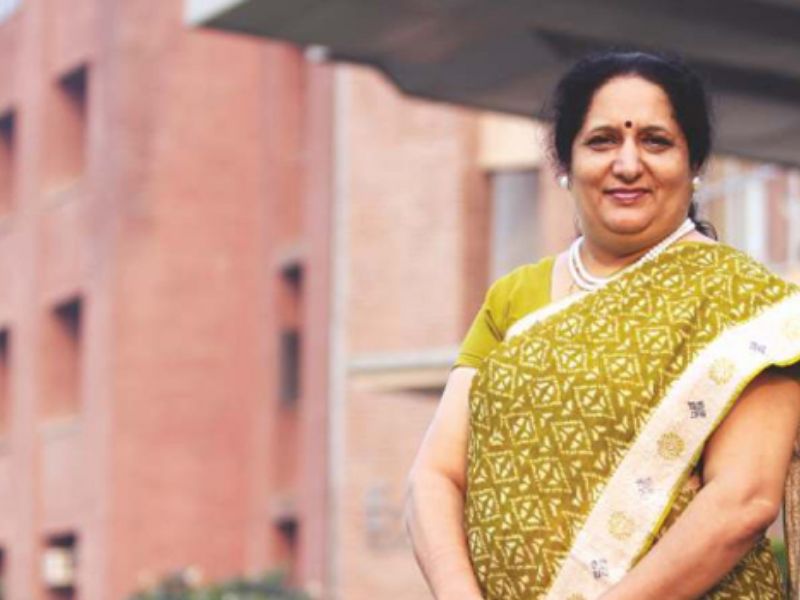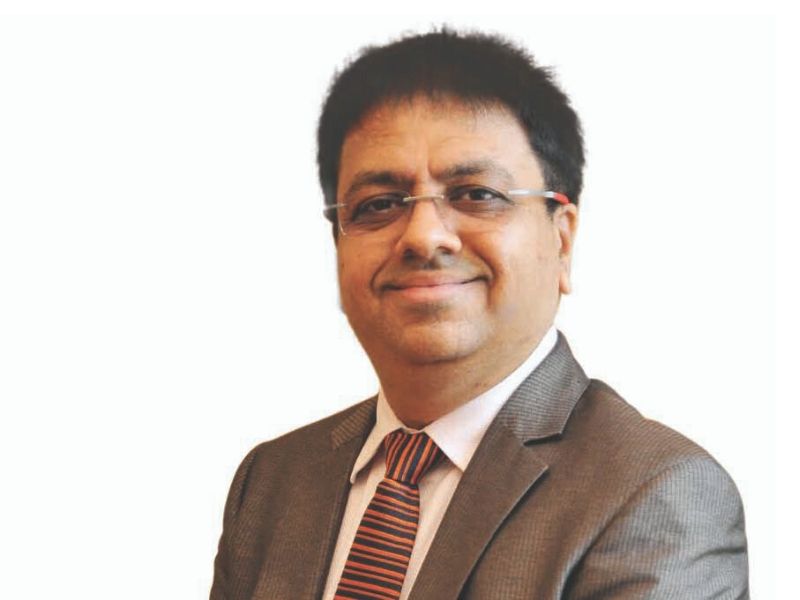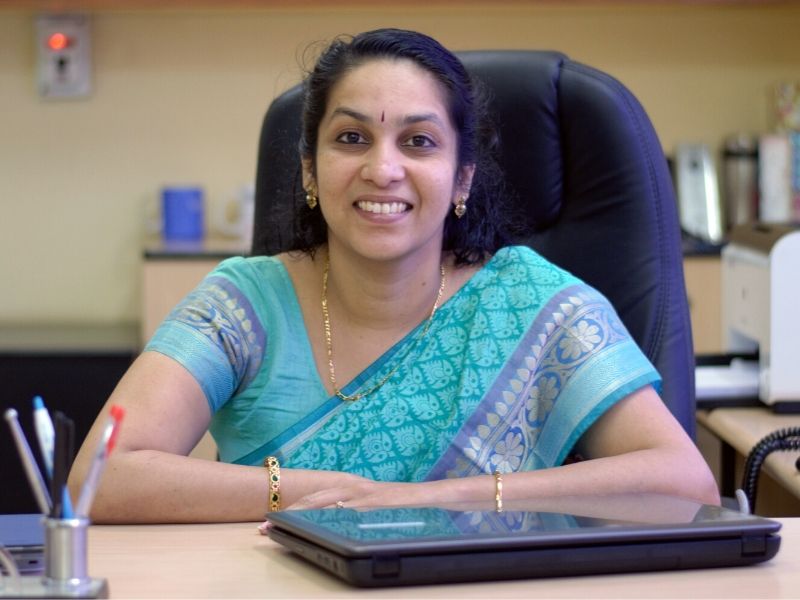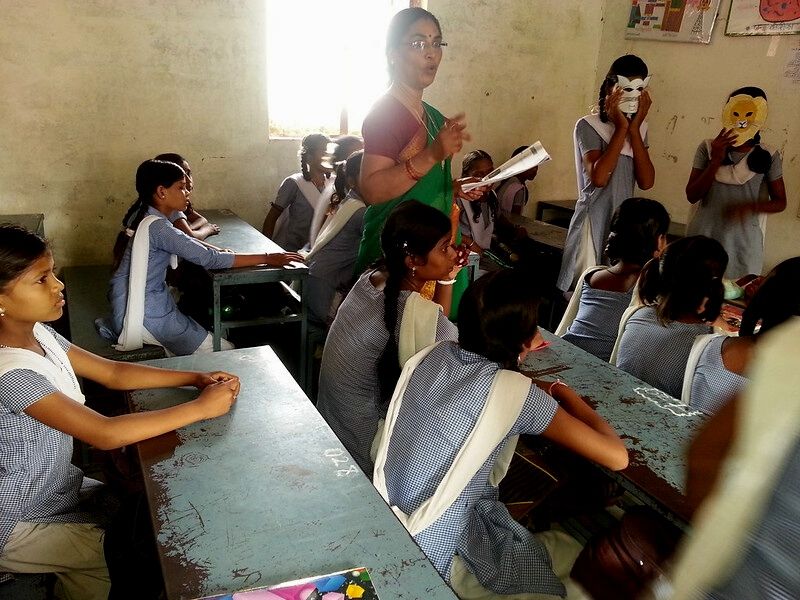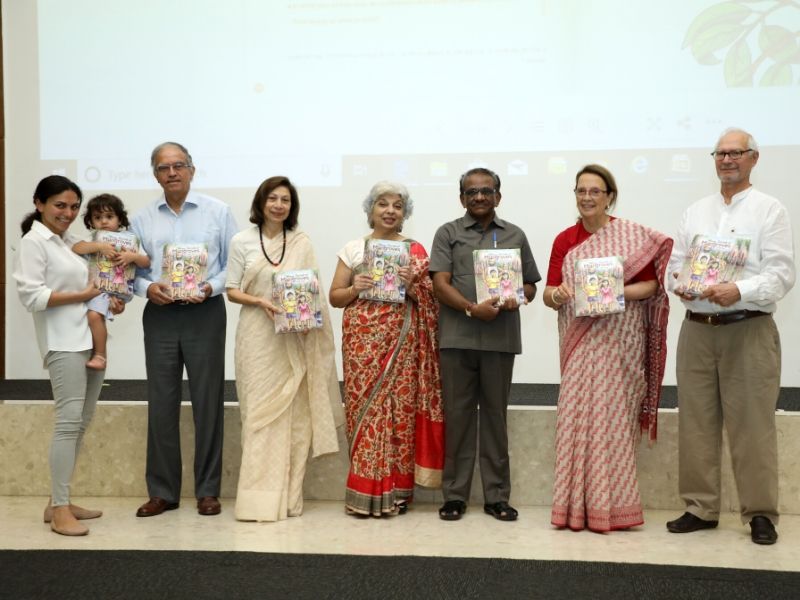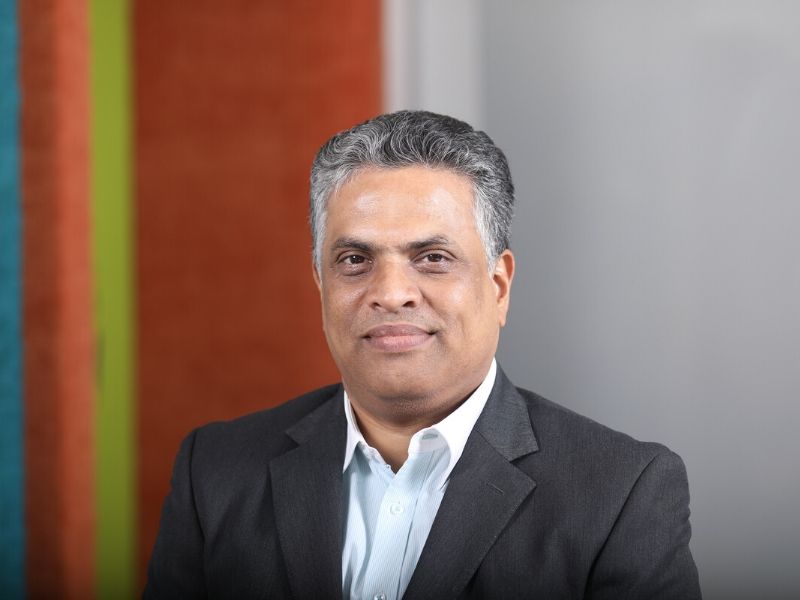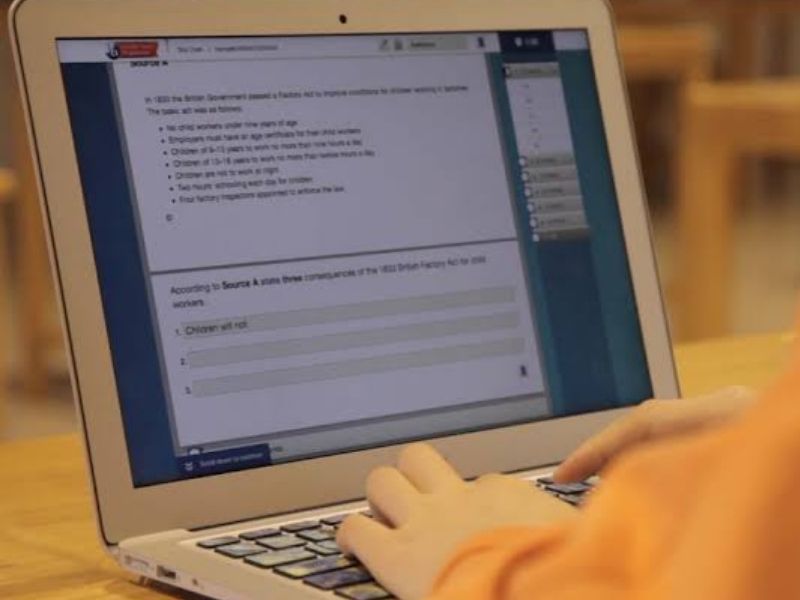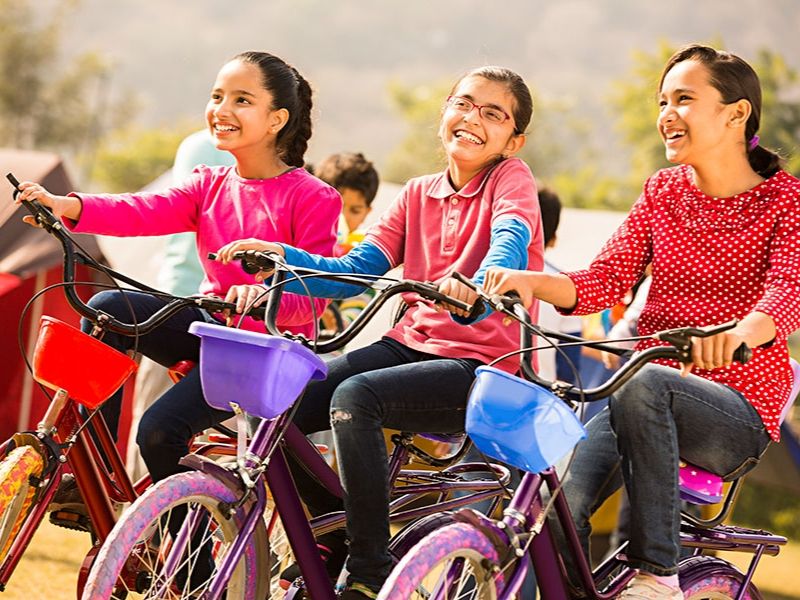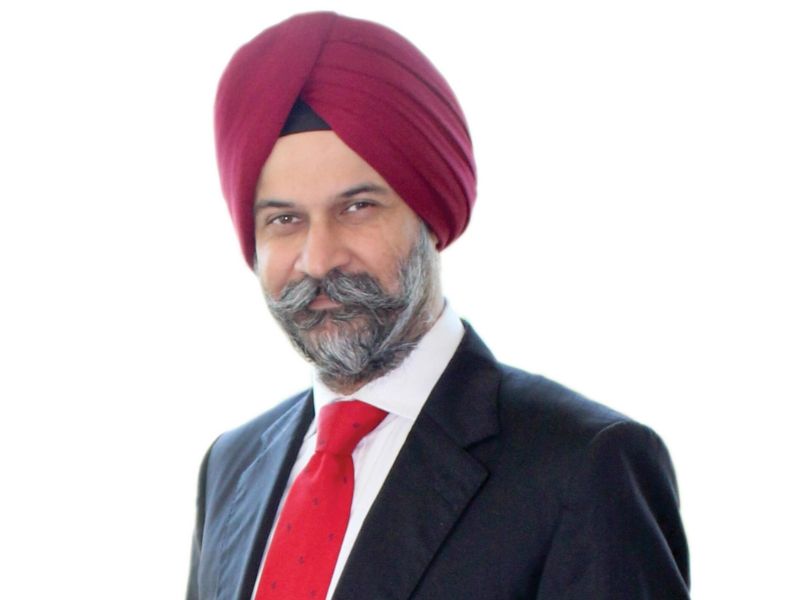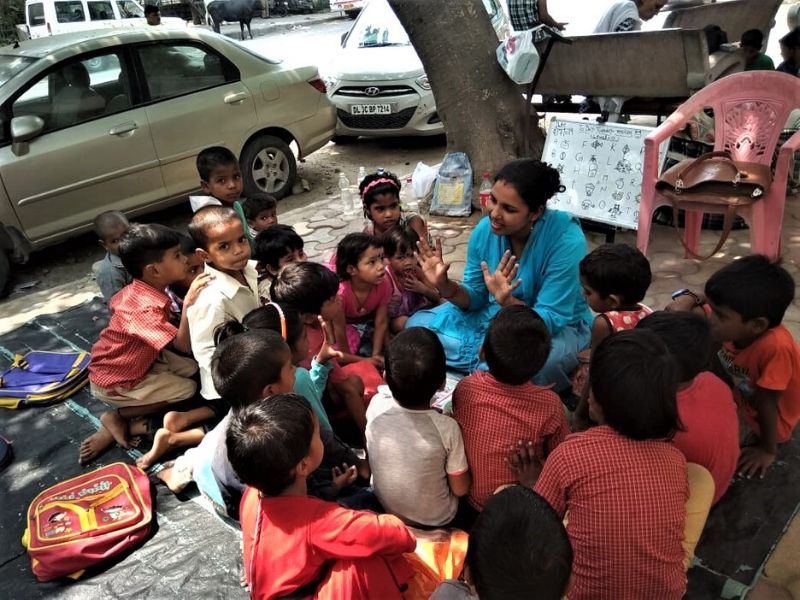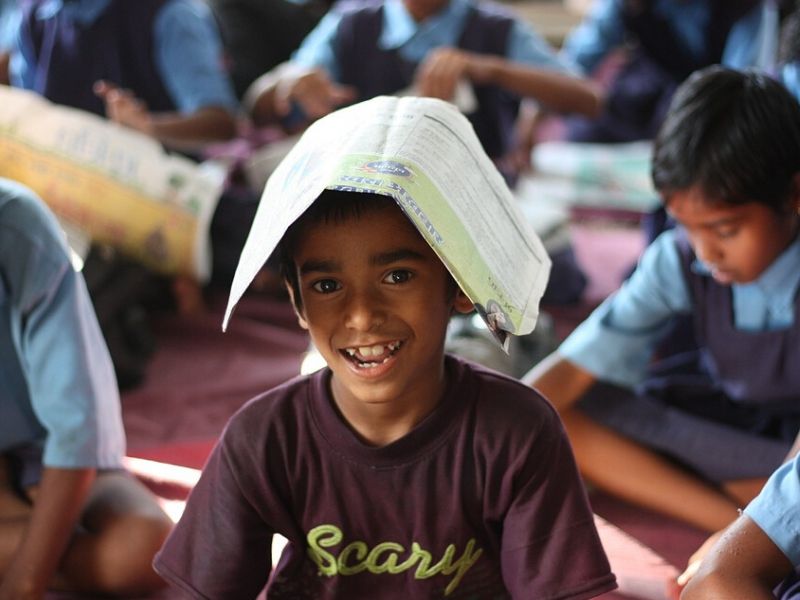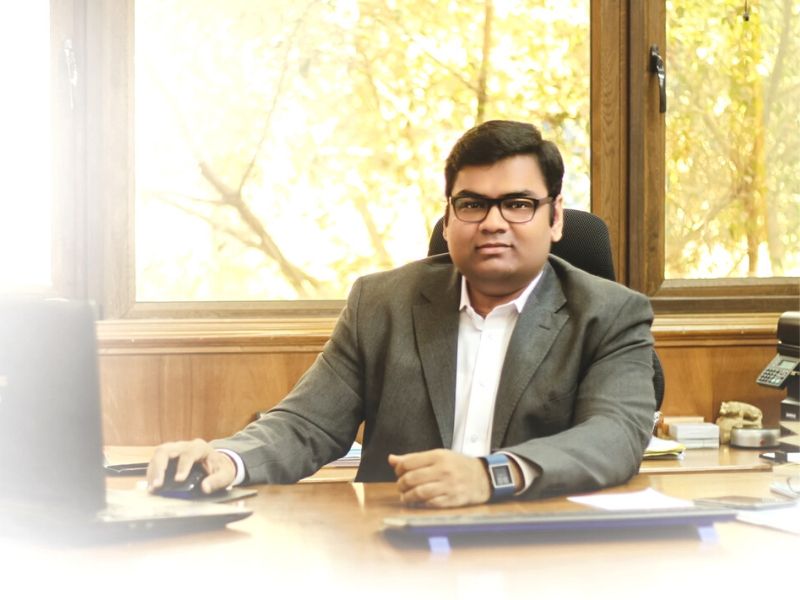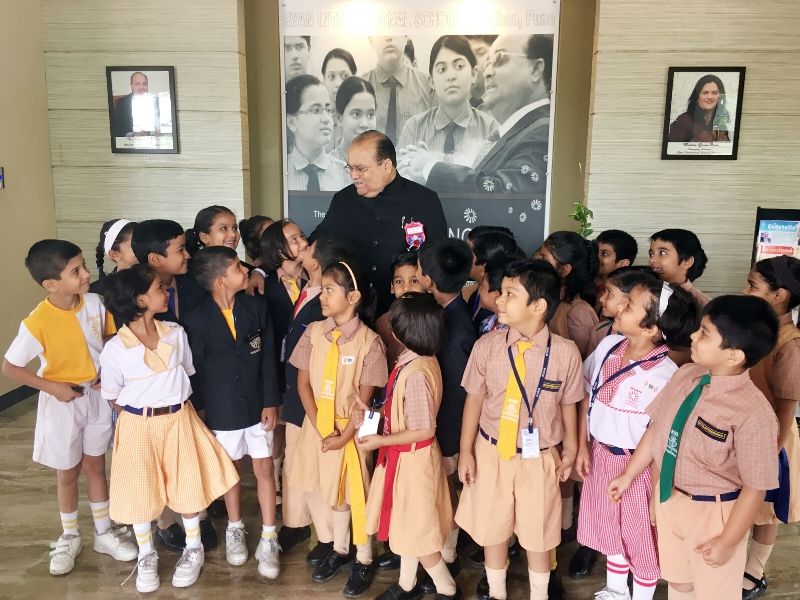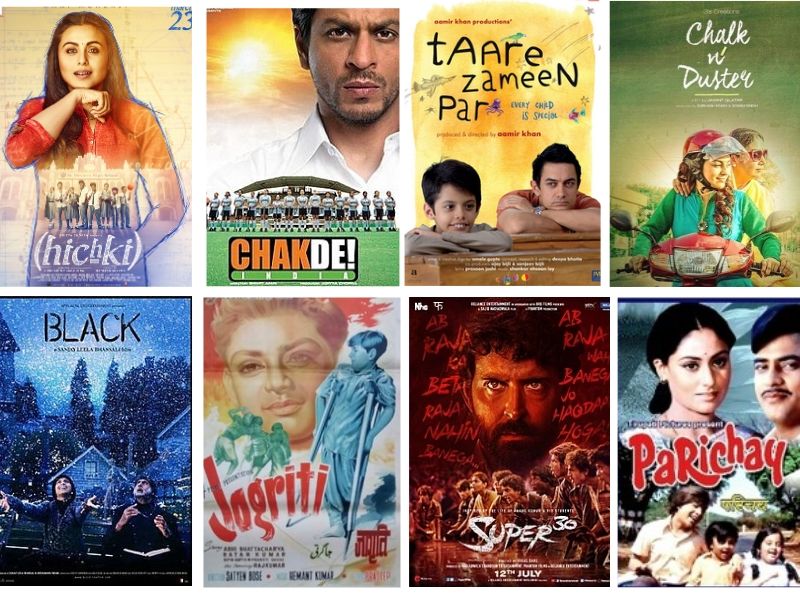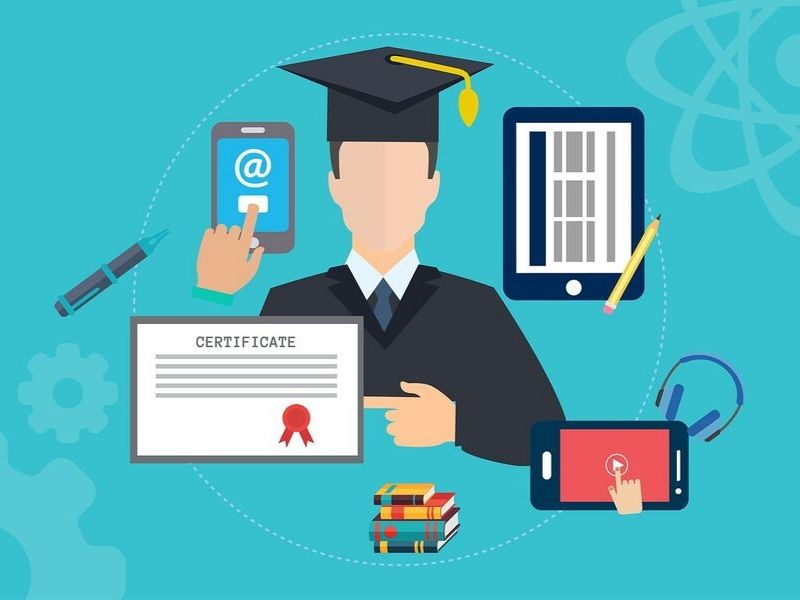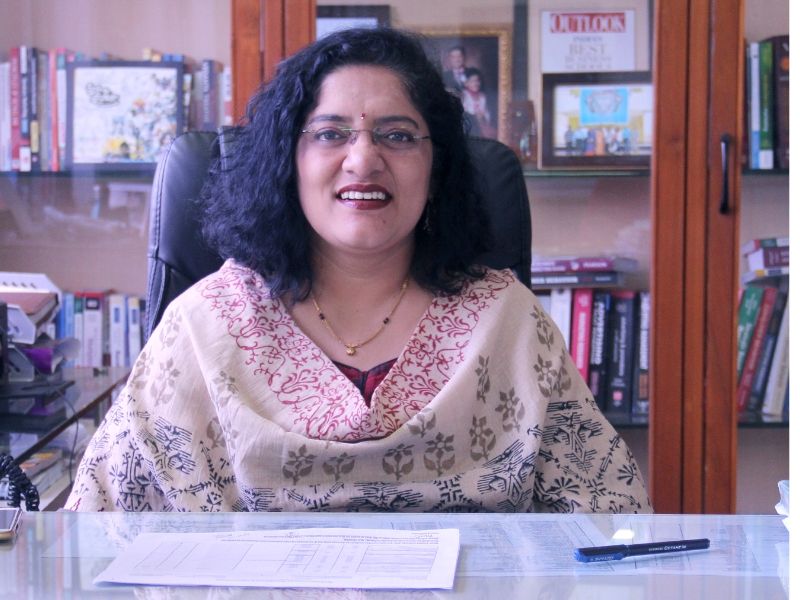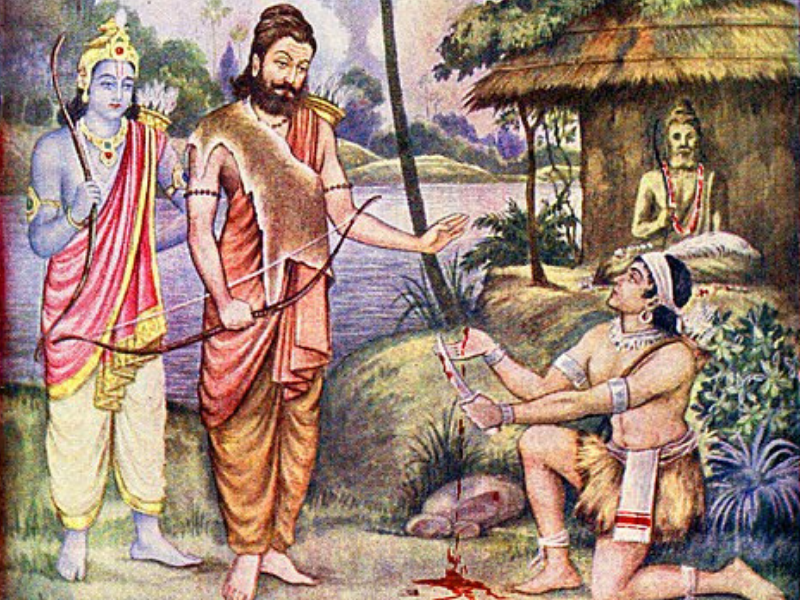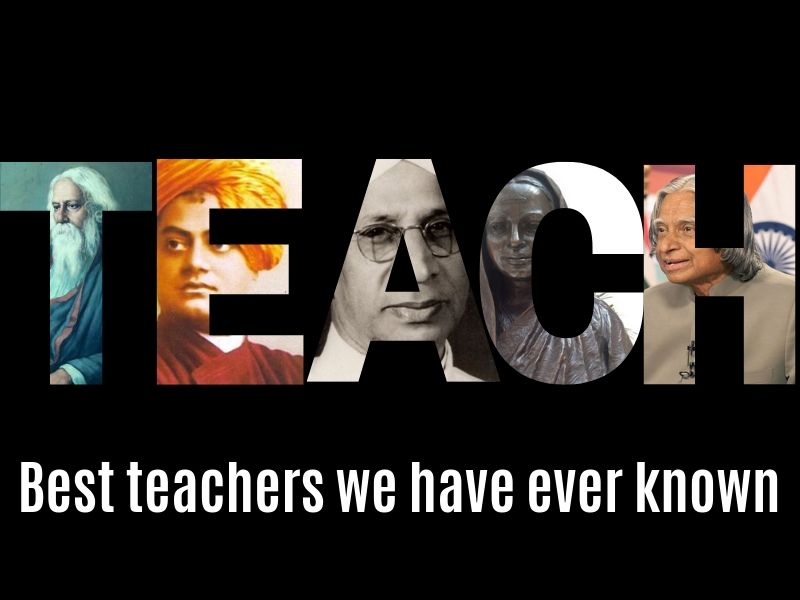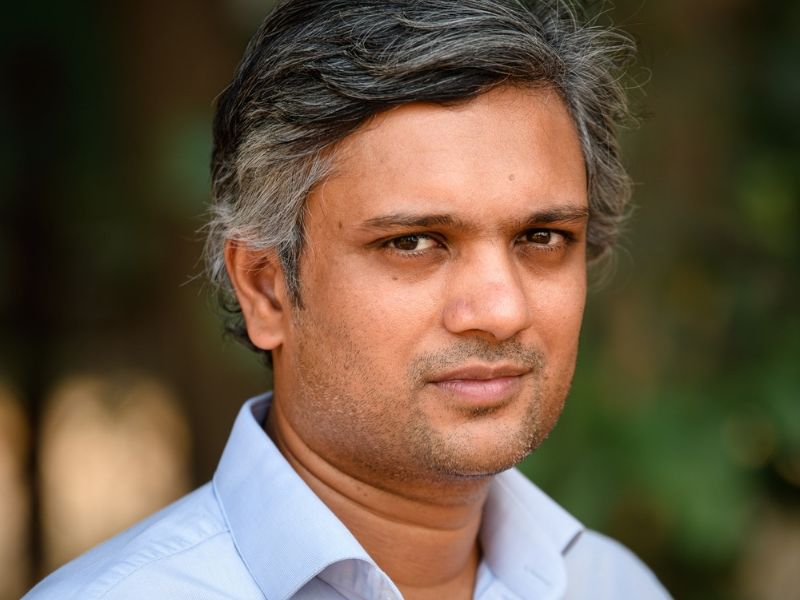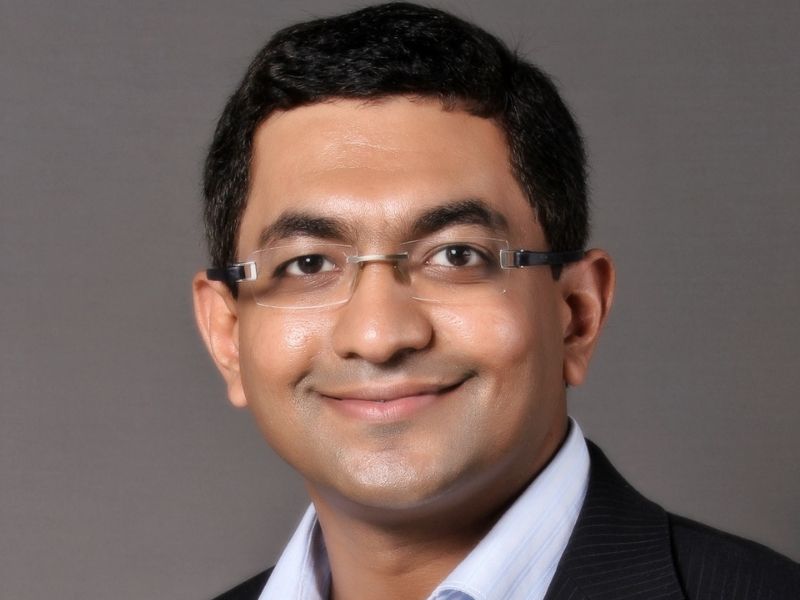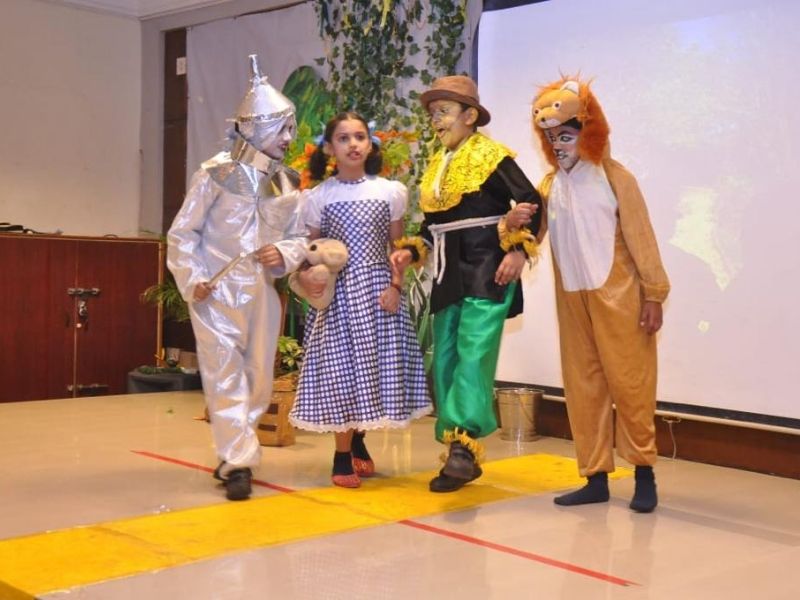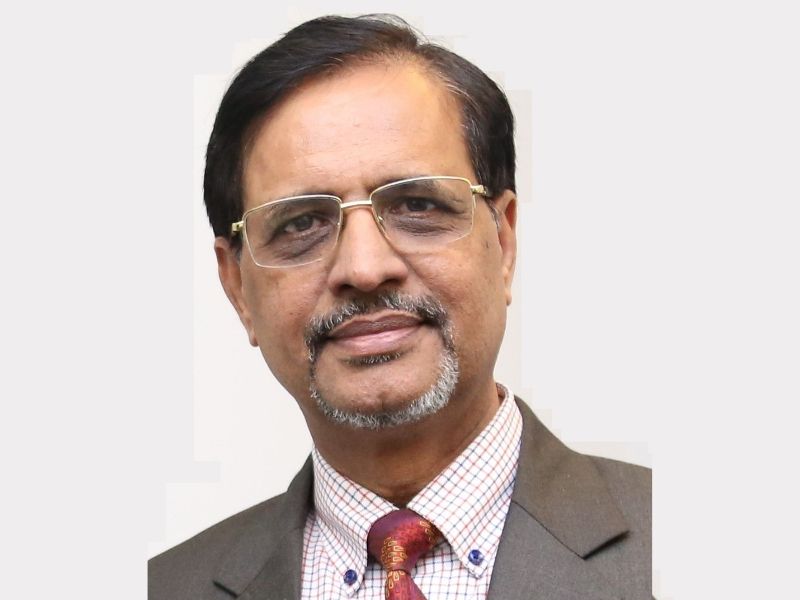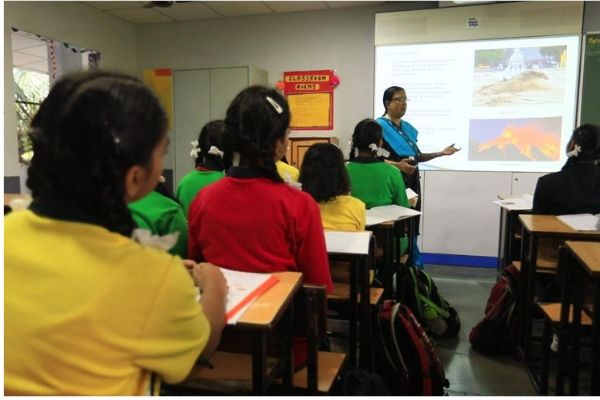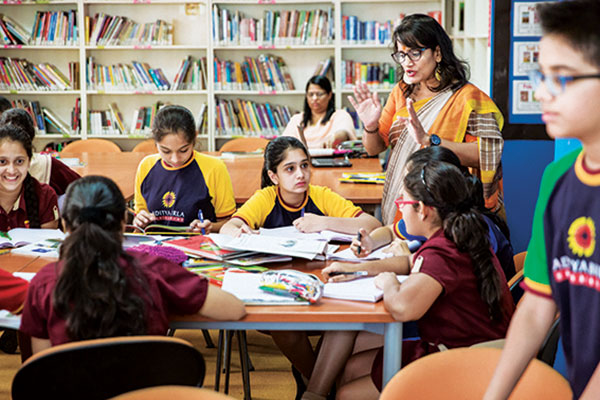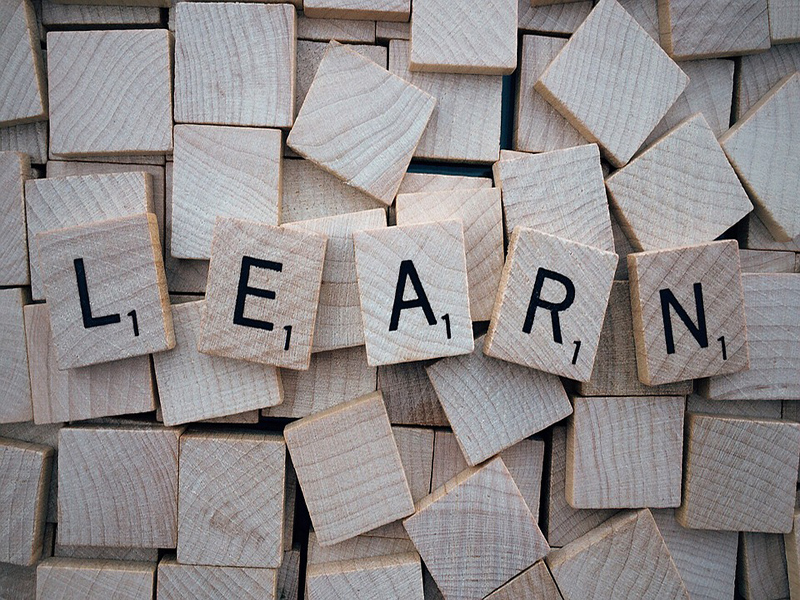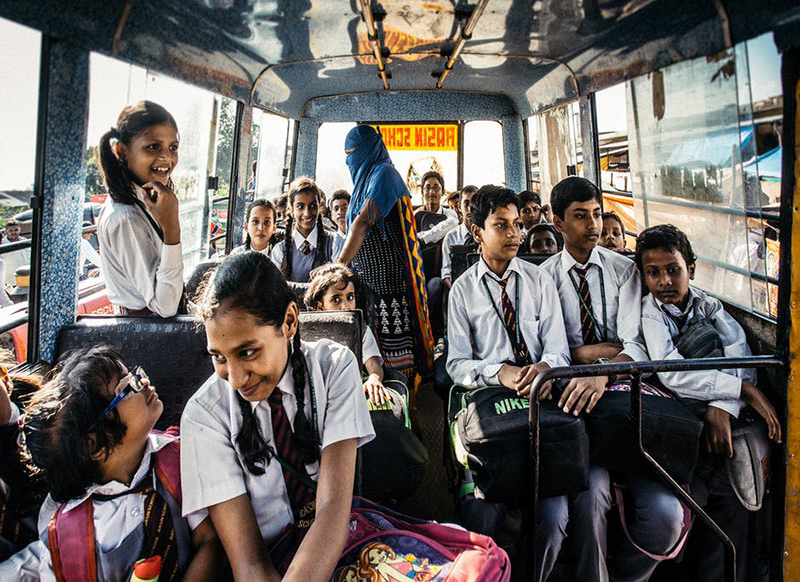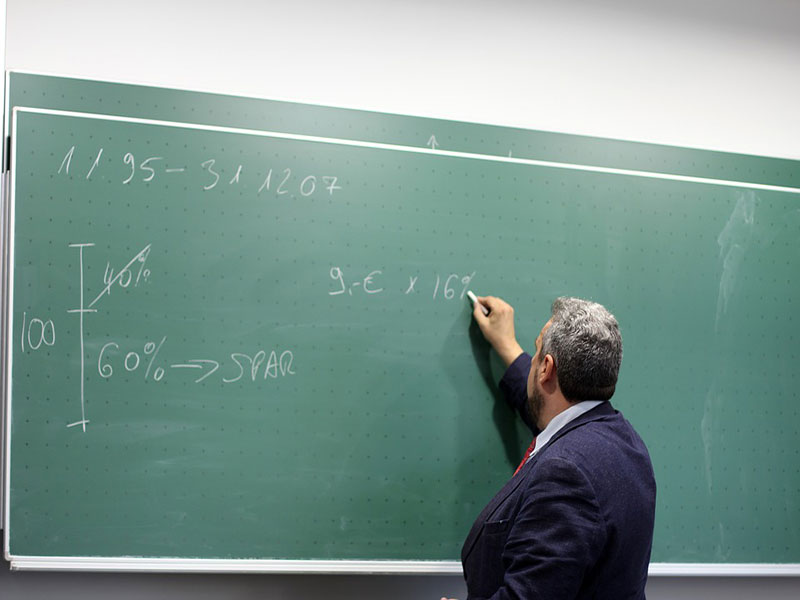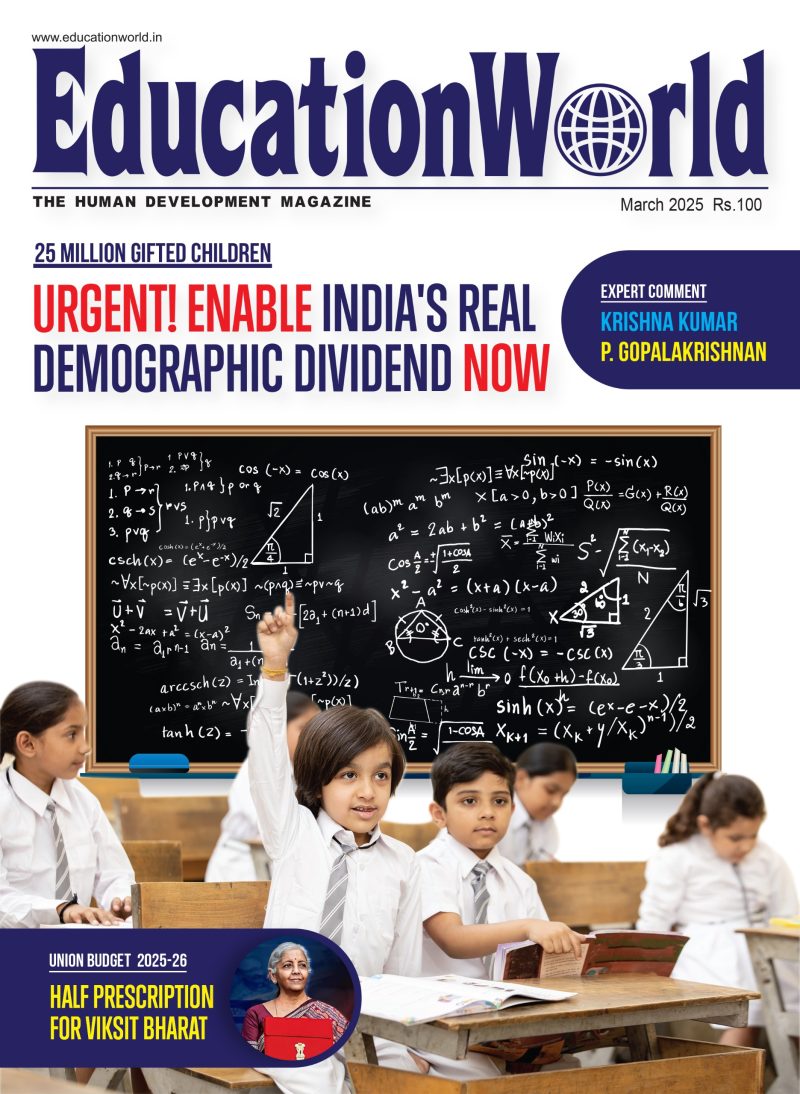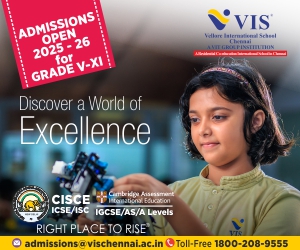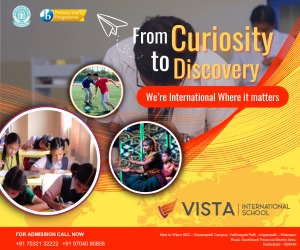Resources
Teachers Resources
Academics uninterrupted at Amity University amid COVID-19
As the countries around the globe are battling with an unprecedented crisis that has hit humanity and every facet of human life has taken a hit, including education. To counter this crisis, online classes are being conducted by Amity University that are catering to over 100,000 students live remotely across its campuses around India and across the globe. These measures are being undertaken as a precaution against the spread of coronavirus and to safeguard the health of our students and faculty members.
Teachers Resources
Emerging technology integral to develop sports education in India
When the Delhi government announced its plans of opening India’s first sports university in October 2019, it was a revolutionary decision in the history of education. The idea to include sports in the main curriculum was a much-needed initiative to normalize sports-focused education in India. This gave our youngsters a full-time opportunity to enhance their skills in sports and pursue a career, a move that needed a major mind shift more than anything, across stakeholders including schools and parents.
Teachers Resources
IoT and its impact on education
Close to a decade ago, the term IoT (Internet of Things) started floating around publicly - with an inherent promise to refine and idealise our lives. Fast forward to the present, IoT is already exhibiting its dynamic potential. Thanks to this novel concept, every imaginable object, device and machine is now equipped with smart consoles - connected via multiple network channels and/or Internet providing innovative data collection and communication techniques.
Teachers Resources
The epidemic of teacher stress & how it affects students
During a pre-flight safety briefing, passengers are reminded that in case of an emergency, they secure their own oxygen masks before they help their children. That’s because only once you know how it’s done, you can do it for your little ones. The same truth applies to mental health as well, and it is something teachers should consider.
Teachers Resources
Education without Teachers
-Dr Aseem Saxena, Faculty of Commerce, Expert in Entrepreneurship, Trainer (Soft Skills), Indore.
Teachers Resources
Renowned author Katie Bagli on her latest book on mangroves
2019 proved to be a bountiful one for young readers as children’s books in every genre - adventure, mythology, science, and environment hit the bookshelves this year. This December, Godrej & Boyce Mfg Co. Ltd (est. 1897), a Godrej group company with a presence across 14 diverse businesses collaborated with renowned children’s book author Katie Bagli to launch a fact-cum-fictional book on mangroves - ‘Many Secrets of Mangroves’. A nature lover, Katie Baglihas several published titles to her credit and is known for setting her stories among the Indian wildlife and nature. The author of the books ‘On the Wild Side’ and ‘The Zoo Around You’ spoke to EducationWorld about her latest offering.
Teachers Resources
Technology has made learning fun!
Over the years the Indian education system has rapidly improved and has been receiving recognition for the quality and high standards of teaching. Classroom learning is also undergoing change at an unprecedented rate and it is evolving the teaching methods and driving the way students consume educational content. In the past, computers used to occupy an entire room, and only a few organisations could afford them, but now they have given a new dimension to the education sector.
Teachers Resources
The movement we really need – more ‘active’ hours in school
Our industrialized, hi-tech world has allowed sedentary habits to permeate our lives. All of us have surely come across media warnings cautioning us against this inactive lifestyle, which has resulted in a rise in obesity and other non-communicable diseases like heart disease and diabetes. A few years ago, The World Bank published an article titled ‘Sedentary lives, the other global epidemic’. As Educators, how should we be addressing and even preventing this elusive epidemic?
Teachers Resources
How India can harness its demographic dividend
India has enormous economic potential, given its unique demographic dividend. The steady growth in its working-age population is going to continue till 2055 (or 37 years from its beginning) as per studies. However, India can reap its demographic dividend only if it offers good health, education and employment to its youth population.
Teachers Resources
Introducing eAssessment in Middle Years Programme
Generation Z (or the iGeneration), who are in school and university today, have never witnessed the introduction of the Internet, smart phones and tablets, video games, on-demand TV and film, and social media. For them, this is all very much the norm and part of their everyday lives. The skills they are developing interacting with technology every day, will be essential as they step out into an adult world of emerging technology breakthroughs in AI, robotics, quantum computing, biotechnology and so on.
Teachers Resources
Shaping individuals into leaders of tomorrow
An ideal leader is an individual with the confidence and ability to lead. There is a general perception that confidence comes with a strong personality and good education. But the most integral element that is not given its due credit is mental and physical health of the person.
Teachers Resources
How foreign collaborations help empower students
The popular adage ‘the world is a small place’ is a reality today. Increasing digitalisation has played a big role in the evolution of our world into a hybrid and collective place. However, the roots of globalisation are firmly attached to the ever-growing curiosity of the human race. Most industries are involved in global trade today, which is why colleges and universities are emphasising on the imperative importance of global collaborative studies for students, researchers, and teachers.
Teachers Resources
Importance of formal education for the children of lesser god
A privilege is a right or an advantage, and people who are underprivileged lack such rights and the advantages. For years, education has been the bend Point for individuals to transcend their limitations. Many children in India are not getting proper education, they lack the basic necessity of every individual and there are many people who wish to help the unfortunate, many of them come forward through different means and try to help the underprivileged. The arrival of great charitable organization and NGOs are one of the means. These organizations have made it possible for gifted and hard-working children to have access to opportunities they could not have imagined before.
Teachers Resources
The need for improving English proficiency of children in rural areas
It is through education that an individual learns to adapt to his physical, social and spiritual environment. Man is a social animal. His superior intelligence differentiates him from other living beings. Other creatures could only be trained. But man, alone can be educated. Nelson Mandela, a South African anti-apartheid revolutionary, political leader, and philanthropist rightly said “Education is the most powerful weapon which you can use to change the world.” Literacy is the only tool that helps you make sense of your surroundings. It is the most important enabler of social and human development.
Teachers Resources
Education for All: Challenges and possible enablers
Education for All (EFA) is a term popularly associated with the global initiative launched in 1990 by UNESCO, World Bank Group, national governments, and civil society groups. The aim of EFA was to meet the learning needs of all children, youth and adults by 2015. Unfortunately, EFA failed to realise its goals in the given timeline. So, a new target was set which is now known as Sustainable Development Goal 4 (SDG 4) – Education 2030 to ensure inclusive and equitable quality education and promote lifelong opportunities for all by 2030.
Teachers Resources
How has the teaching process evolved with the current technology exposure?
Since the turn of the century, technology has promised to disrupt education, including school classrooms. The current generation of digital-native students are independent, tech-savvy and will easily get tuned off if their learning experience is all about them being watchers of “tell” lessons. There has been a lot of debate around has education technology made an impact? Are teachers really using it?
Teachers Resources
The need of the hour is enhancing school education system
“Let us sacrifice our today so that our children can have a better tomorrow.” These words of our former President Dr. A. P. J. Abdul Kalam wonderfully highlights the importance and dire need of parents, school educators, elders, leaders and the society focusing on the welfare of children. Our little wonders, our kids are truly capable of mighty things in life, if they are provided with the right opportunities and proper environment to grow.
Teachers Resources
Bollywood’s most memorable onscreen teachers
So, who's a perfect teacher? Well, as they say, no one can be perfect. But these memorable onscreen teachers have truly set a standard for educators. From inspiring students to never give up to help them with their personal lives, these "soulful" teachers are what every student needs in their growing up years!
Resources Teachers Resources
Why B-schools should offer rural immersion programme
The rural-urban divide in India is not as wide as it used to be a decade earlier. The state and union governments, industrial bodies and most importantly, social entrepreneurs have been doing commendable work at the grassroots level. The rapidly growing urbanisation and penetration of technology are playing a crucial role in rural development. Unfortunately, the transition is slow. There is a lot to be done to improve the quality of rural life.
Resources Teachers Resources
How ed-tech is improving the education ecosystem?
"Gone are the days when students searched tutors based on word of mouth. As technology thrives, students can now experience the luxury of finding the right tutors from anywhere underneath the sky. Such is the advantage of the digital platform GuruQ as it integrates education and technology to connect students and tutors," says founder of GuruQ, Minal Anand. The organisation aims to help students connect with the right tutor across the country.
Resources Teachers Resources
Eight changes B-schools must embrace in the next decade
The post graduation experience for a student has been roughly the same for the past two to three decades. All students have to do is find a college, decide on a specialisation, attend lectures, work on projects, get the grades, graduate, and start a career. For years, B-schools have built a pathway to a job. However, as costs continue to rise, and the percentage of graduates finding a stable job plunges, the value of real college education is often called into question by students as well as the industry.
Teachers Resources
Guru Dakshina – from ancient to the modern world
The Guru Dakshina is a very old and ancient concept belonging to the Indians. It is unique because no such other country has this beautiful tradition. It is the tradition to repay one’s ‘guru’ or the ‘teacher’ after the complete process of education is over. This is done out of respect and acknowledgment by the student towards the teacher or the guru. It is a traditional custom of thanks- giving to the guru. It is a sort of love and respect exchanged between the guru and the student.
Teachers Resources
The best teachers we have ever known
As we celebrate Teacher's Day 2019, we can proudly say teachers play an important part in shaping our life. Not only are we talking in terms of education here, but also good behavioral characteristics, building a bright future and above all, setting a great example as a brave and fine human being. When we think of these traits, a few teachers immediately come to our mind. One such legendary teacher is Dr. S. Radhakrishnan, on whose birthday we observe Teacher's Day 2019 - a special day dedicated to our mentors and guides.
Resources Teachers Resources
The need for empowering teachers through continuous learning
Teachers are the most significant influence in a student's learning journey. To produce good students, it is vital for an institute to have good teachers, those who are constantly learning, and enhancing their teaching skills. Like any high performing organisation, institutes must invest back into their resources by investing time and money in the development of their teachers. As teachers learn and enhance their skills, they are more likely to be engaged in their jobs, engage better in the classroom.
Resources Teachers Resources
Emerging trends in India’s ECCE landscape
The first five years of a child’s life are the most important wherein their brain develops faster than at any other time in his life. A child’s early experiences – the things he sees, hears, touches, smells and tastes – stimulates his brain, creating millions of connections. This is when the foundations for learning, health and behaviour throughout life are laid down. However, a significant challenge is the lack of awareness of the benefits of a structured preschooling experience. Back in the day, most parents were comfortable sending their child to the nearest preschool, purely due to the lack of awareness on the merits of early childhood education.
Resources Teachers Resources
The power of Drama in Education
“If you want to teach English literacy, the medium of instruction in your school is English. If you want to skill students with the capacity for creativity to the same level, the medium of instruction in the school needs to be creative.” – Ken Robinson
Resources Teachers Resources
Remove learning barriers to ensure quality education
The purpose of education is to ensure the flourishing of the individuals characterised by the 'goodness' of character and 'goodness' of intellect, Aristotle said. Unfortunately, character building has taken a back seat. Compelled by the overall eco-system,the entire focus seems to be on maximising the academic performance. The race for college admissions in a fiercely competitive environment and shrinking job opportunities have left very little room for the students to pair their passion and interest with the need to build a strong character. The reality of life skills, critical thinking, the appetite for risk and adaption to a multicultural environment being among the top hiring characteristics, has not deterred the race for a high academic score. Ron Miller, one of today's significant thinkers on holistic education, puts it succinctly, "Education today, is not a collaborative art of mentoring and nurturing the young, but a frenzied scramble to succeed according to some external measure of success.”The significant challenges in the education system occur on account of the following:
Teachers Resources
Learning trends that are set to shape the future of education
With technology advancing at a rapid pace, it has influenced every sector, and education is no exception. By 2025, one-third of the global population is going to be made up by the youngest generation: Generation Alpha, also known as the iGeneration. Generation Alpha is considered to be the children born between 2010 and 2025. This will be the first generation entirely born in the 21st century. These children are considered to be the most technologically savvy demographic cohort till date.
Teachers Resources
Managing aggression in children: Expert advice
We exhibit aggression under various situations, threats and pressures. As adults we have better control over their negative impulses, but children lack the ability to express their anger in non-violent ways. Younger children vent their aggression through violent behaviors such as kicking, biting, and hitting. While older children express their aggression through bullying, fighting, and teasing. It has become imperative for educational institutions to employ different strategies to curb aggression in children.
Teachers Resources
Countering violence through Brain-Based Approach to Peace
With the shifting geopolitical landscape and the rise of terrorist nation-states, conventional approaches to conflict resolution and nuclear deterrence is becoming increasingly ineffective. The threat of nuclear retaliation has failed to rein in terrorist groups and suicide bombers who are willing to sacrifice their own lives to wreak destruction upon their political and religious rivals.
Teachers Resources
The future of workplace and technology
Over the last few decades, we have witnessed a monumental wave of changes at the workplace and paradigm shifts in technology. Automation at the workplace, driverless cars, and robots performing surgery has become a common phenomenon. Not only have the ways in which we work changed with the advent of automation but there have been changes in job roles. Conventional clerical or repetitive jobs have been replaced with smarter variants which require more of human intelligence and analytical power than physical strength. Repetitive jobs could soon be taken over by automation or robots, it is only a matter of time.
Teachers Resources
Technology in Education: Boon or Bane?
Technology – in the form of gadgets and applications – has penetrated every sphere of our lives. Young and old alike use technology for every task, from the mundane to the profound. There’s a gadget for this, there’s an app for that – we commonly hear these words in everyday conversation. It is no surprise then that the field of education has come under the same onslaught.
Teachers Resources
Is education untouched by experiential marketing?
It goes without saying that technology has enabled unprecedented changes in every possible field. The world we live in, devoid of machines would probably look like Christmas without the lighting. As of late, experiential marketing has lit up the scene with its innovative approach that every now and then sends shockwaves in the market. That’s what it does, it delivers. It has managed to infiltrate most avenues and industries so far. So let's discuss experiential marketing’s contribution to education and healthcare.
Teachers Resources
Why revolutionising education should be a national imperative
Pedagogies become obsolete when they continue to focus on ‘what’ they teach rather than ‘how’. Indian education has suffered for decades on this score because the purpose of education has never envisaged fostering curiosity and creativity as being critical to education but in knowing facts and information. We teach our kids to ‘memorise’ instead of ‘to understand’.
Teachers Resources
Top 10 learning trends of 2019
Today, we are witnessing industries undergoing a disruption with a rapid convergence of technologies. These constant changes are making competencies in workforce go obsolete leaving lifelong learning as the only feasible option. On the other side, the Gen Z has a set of unique behavioural attributes which is shaping the needs of education industry and pushing them to develop ways to deal with them.
Teachers Resources
How AR/VR is redefining the teaching-learning process
New-age teaching experts believe that learning a concept from a textbook does not effectively explain it or facilitate easy comprehension. For example, certain subjects or concepts can be better understood through laboratory experiments, field trips, and three dimensional (3D) models, etc. AR/VR technologies thus introduce immersive and interactive experiences in the classroom to facilitate learning and knowledge retention.
Teachers Resources
Gamification: Complex into simple, boring into exciting
Authored by Archana V, business partner, communications & engagement, dunnhumby India
Teachers Resources
Enabling teachers to practise inclusion
S Gayathri, senior technical specialist – education at CARE India.











